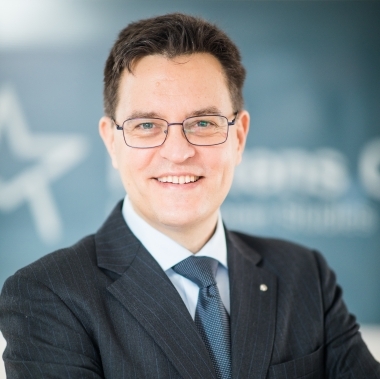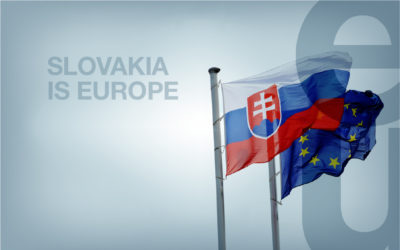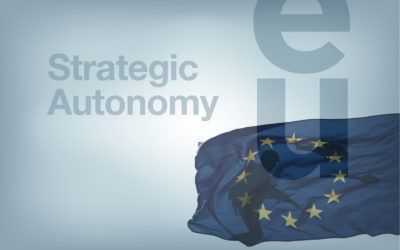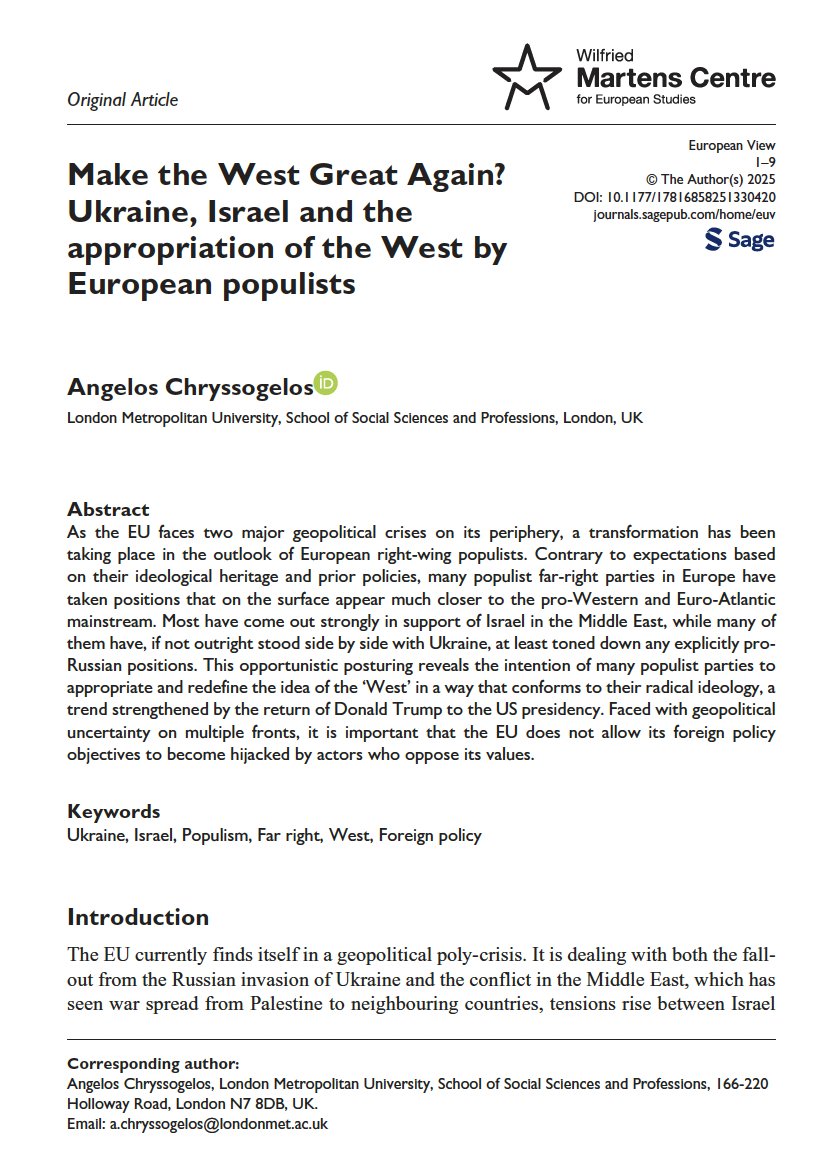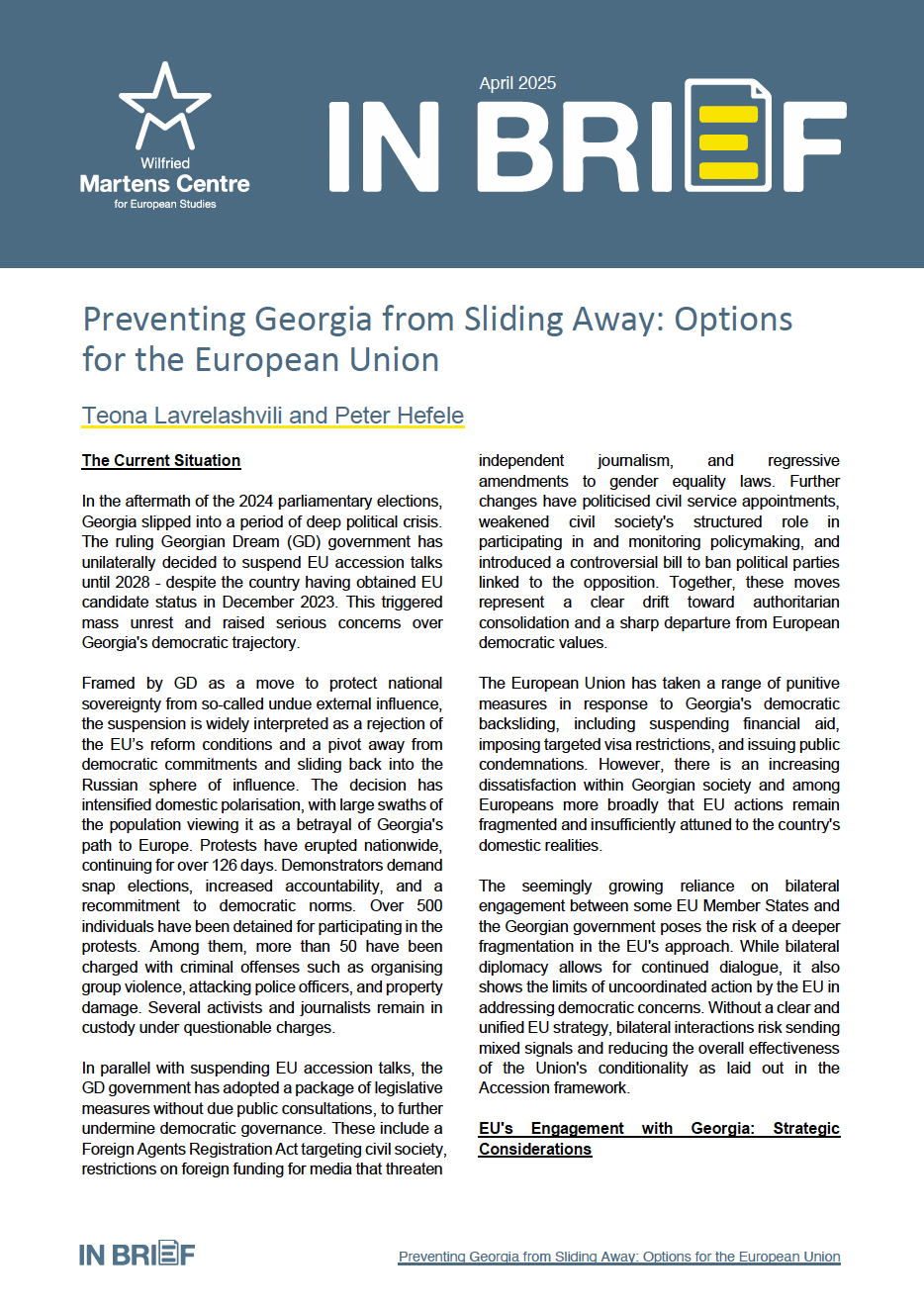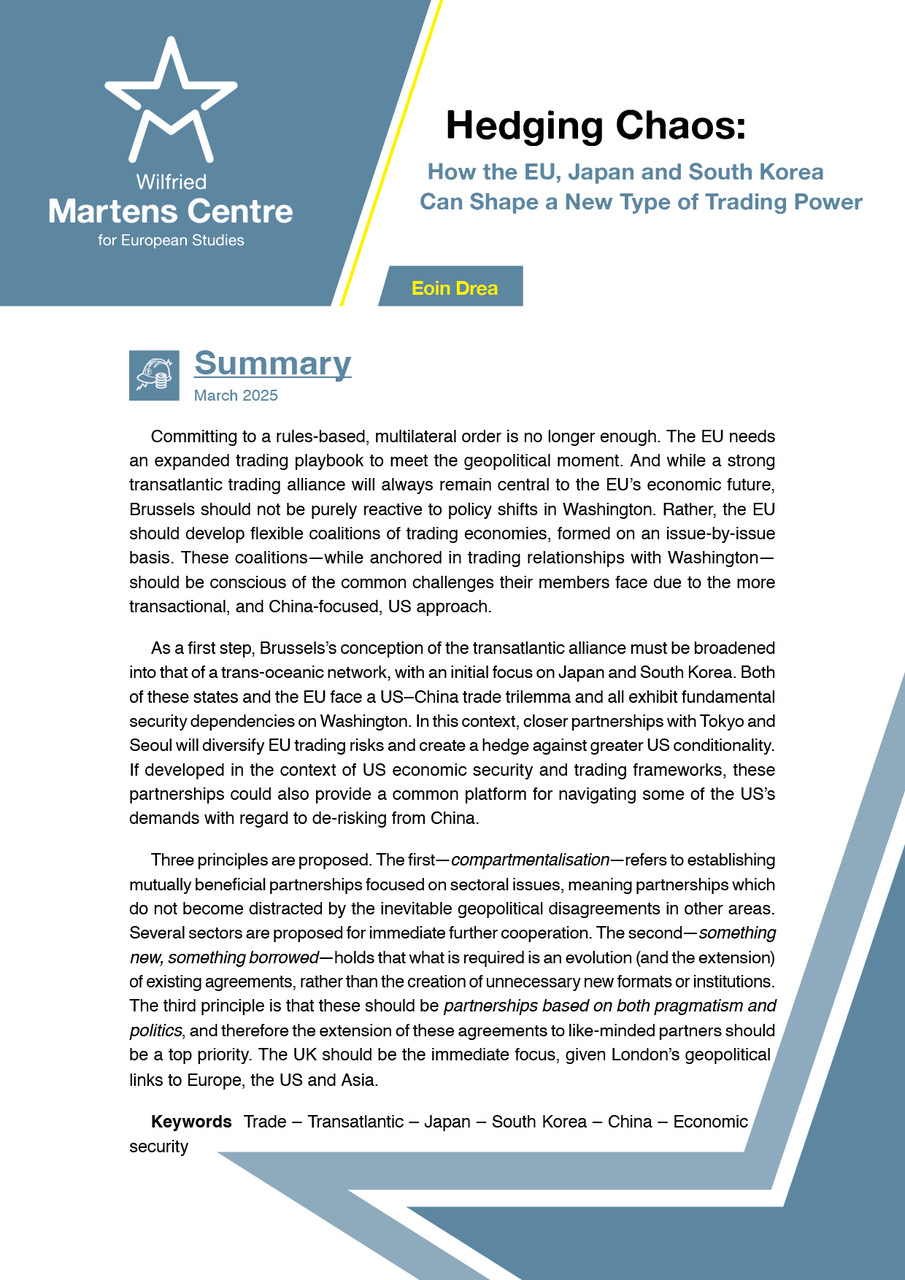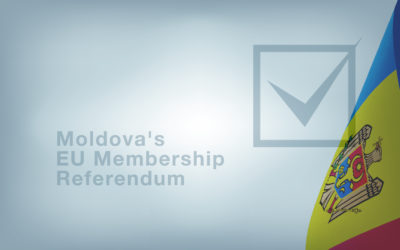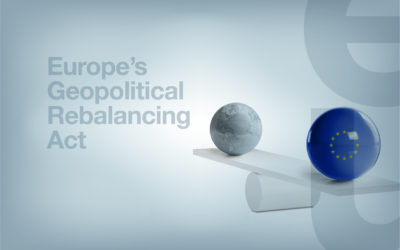The Fight for Europe’s Future is Being Fought in the Streets of Ukraine
27 February 2022

While Ukrainians fight for the defence of Kyiv, for the country and for their independence, it is clear that the year 2022 will define Europe’s history in a way comparable only to 1989. Europe’s history after the Second World War, the development of the European community and later the European Union was largely about rectifying the Second World War’s legacy, and culminated in the fall of communism in 1989 and hopes of a better future. Conversely, the war in Ukraine will permanently challenge the optimism of Europeans and change the way they view the future of the continent.
Many hope that after the Ukraine war is resolved, Europe can return to normality, albeit with a new balance with Putin’s Russia. The initial rejection of excluding Russia from the international payment system SWIFT and targeted sanctions tacitly express a thinking among Western nations that the Ukraine war’s negative impact can be conventionally mitigated. But the Ukraine war has implications that go well beyond its national borders – and that includes the war’s costs.
Europe has now entered into a conflict that will last as long as Putin is in power. He has now crossed several red lines that very few in Russia or in Ukraine thought he would. For him, there is no turning back.
Putin’s rule has become progressively less dependent on legitimacy and authority; but now it is clear it is based on power and violence. His speeches in recent days clearly state that the war in Ukraine is not about Ukraine, but about him challenging the West, Europe’s post-war order, and the continent’s security architecture. Putin has made an indirect reference to the use of nuclear power and has repeated that should Finland and Sweden join NATO, there would be grave political and military consequences. The war in Ukraine has already expanded beyond the country’s borders.
The full impact of the war on the EU’s internal dynamics remains to be seen. Central and Eastern Europe, the Baltics, and Northern Europe now have urgent security concerns. The way in which the rest of the EU can relate to this may become a uniting or a dividing factor within the EU. Dynamics between EU member states are changing, while the situation in Ukraine has shown that Germany’s leading position in the EU has substantially weakened since Angela Merkel is no longer Chancellor.
The end-game of the war in Ukraine has wider implications, as US President Biden has stated. Pandora’s box has been opened, total war is no longer taboo and this will reduce the threshold for the use of military force. Depending on the West’s resolve, China will re-assess the potential Western reaction in case it attempts to seize Taiwan through military means. In Europe, Russia is involved in the Balkans and conflict-seeking actors may become emboldened. Shadowed by the Ukrainian situation, the much-neglected but very worrying domestic developments in Turkey have recently been paired with statements challenging Greek territorial sovereignty; these could take a sudden and ugly turn.
Ukrainians today are examples of courage and commitment, an inspiration to the rest of Europe. President Zelensky is showing devotion and sacrifice all European leaders can admire. European citizens are spontaneously rising for Ukrainians; everyday Polish citizens at the Ukrainian border, for instance. But the war in Ukraine is far from over.
In the streets of Ukraine, it is not just the future of Ukraine being fought over, but Europe’s as a whole. Europe is most likely in a conflict which will be long and costly. Putin has started a war against the West and will not stop. Should he successfully take over Ukraine and manage to negotiate a new security arrangement, the West will be permanently weakened. Ukrainians need all the possible support. The EU has to isolate the Kremlin and Putin’s Russia, knowing that this effort will be long and costly. Europe’s history is being decided, and the Europe of the free needs to ensure that they are the makers of that history.
ENJOYING THIS CONTENT?


